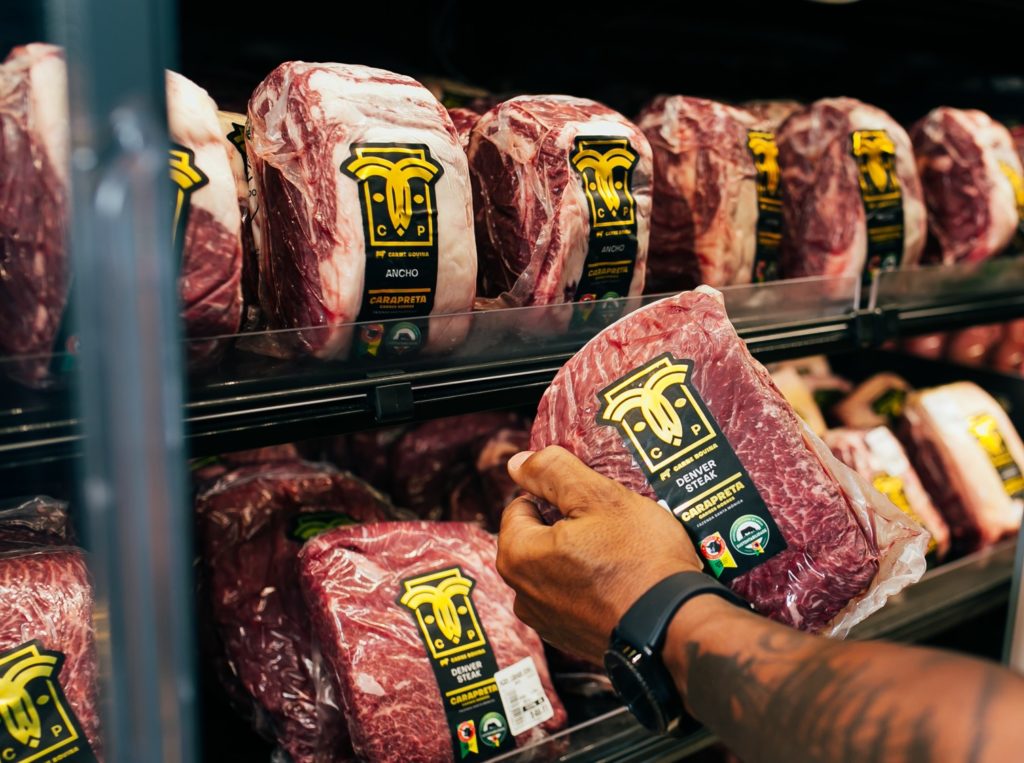São Paulo – Quality, consistency, and standardization. High-quality animal proteins and focus on the Middle East. The only Brazilian company producing solely halal beef. This is Carapreta, a Brazilian premium animal protein company. Based in São João da Ponte, north of Minas Gerais state, the company was conceived from a study of the animal protein market and, based on the gaps found in the sector, the partners and shareholders of the ARG Group invested in a verticalized business model to prioritize animal protein quality, production consistency, and product standardization, with end-to-end control of the entire process.
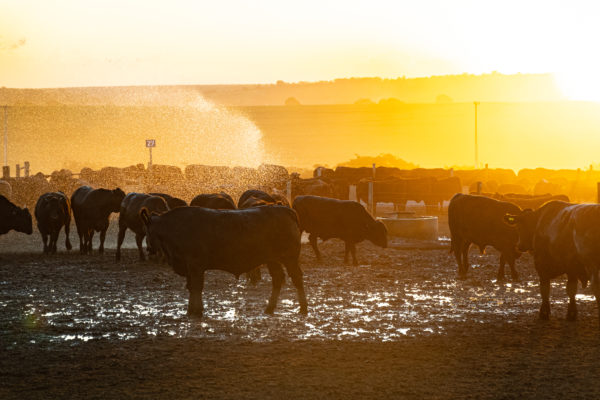
Carapreta is four years old and, in 2022 alone, earned BRL 500 million, an increase of almost 35% over 202’s revenue. In addition to cattle, it raises sheep and tilapia and has three separate plants for processing each protein.
With the best quality and flavor of meat in mind, CEO Vitoriano Dornas told ANBA Carapreta invested in Angus bovine genetics, coming from the United States, and to achieve the desired marbling, all the feeding of the cows and calves is controlled.
“We automated all the nutritional processes in confinement, the animal’s energy levels, the vitamins and minerals needed in the various stages of its life,” Dornas told ANBA.
Internationalization
For 2023, the company intends to reach 20% of its revenue from foreign markets and expand gradually in the coming years, especially in the Arab countries. “We have an eye on foreign markets, namely the Middle East. I went to Dubai last year to get to know the market and mapped out all the competitors, especially Australian beef. We conducted several tests for tenderness, flavor, and price levels,” said Dornas.
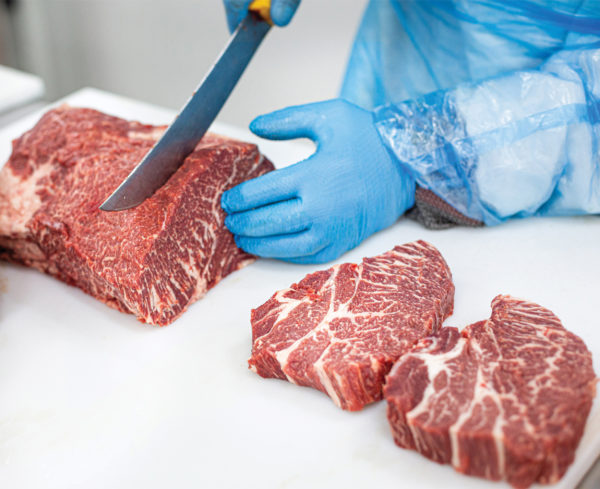
He concluded Carapreta’s meat is very competitive in that market. “Our cost is much more competitive than the meat they buy and sell,” he declared.
During the 2022 Sial Paris, one of the biggest food shows in the world, Dornas closed a partnership with Brazilian trading company Domi. “It is one of the companies partnering with us to set up an office there [in Dubai] to serve the UAE, Saudi Arabia, and other countries in the region,” he said.
Sales to the Arabs began in October last year when Carapreta signed a contract to supply BRL 80 million (about USD 15.27 million) in animal protein to the UAE. In February this year, Dornas and his team participated in the food and beverage show in Dubai, Gulfood, and struck new deals.
“At Gulfood, we presented our products to several important players in the food service, hospitality, and retail sectors, who got to know and liked our brand. There is still resistance to Brazilian animal protein when it comes to quality; for them, it is everyday meat, and they were impressed with the meat we offer,” said Dornas.
Today, the Brazilian company already serves Saudi Arabia, the UAE, Kuwait, Palestine, and Jordan, among other countries. “Our focus is on the Middle East with high added value products. Australian meat has a very good tenderness, but the flavor of our meat is what differentiates us a lot due to terroir,” assured Dornas.
The meat
Carapreta sells portioned products for both retail and food service. “We can sell directly to consumers without handling the meat in the stores. In supermarkets, we sell 250-gram portions. Restaurants are also offered individual portions. We want to deliver the highest possible level of service and quality,” he said.
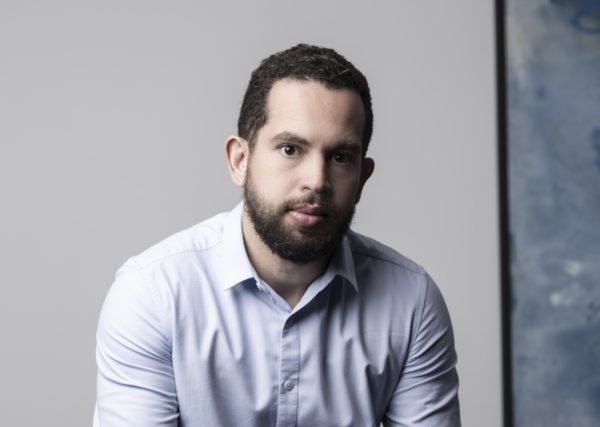
The best-selling cuts are rib eye, sirloin steak (picanha), strip roast (short rib), and bone-in tomahawk, among other prime cuts, in addition to premium hamburger and rib sausage.
The company’s CEO explained the process of marbling the meat. “The meat’s marbling is already formed during the cow’s pregnancy. In the final third of gestation, we ensure the calf develops the most marbling cells. Then, for 250 days, the animal is fed a specific feed rich in starch and high glucose to grow the marble. Genetics are essential to have richly marbled meat, but it’s not enough to be Angus; it has to be Carapreta. We want to be the best meat in the world regarding quality.”
The super-precocious steers are slaughtered under Islamic standards between 14 and 15 months of age. “We already obtained certification three years ago; we were the first Brazilian company to become fully halal; even meat for the domestic market also undergoes halal slaughter,” he said.
Sustainability
Carapreta’s motto is to produce the best proteins with sustainability, and the company already has several certifications. Because it raises all of its animals, Carapreta is proud to have developed a circular economy process in its business. “Our farm sits on top of an aquifer we use for irrigation and to produce animal feed, and that’s where we farm our fish. The water has much nitrogen, phosphorus, and potassium; we use it to irrigate the maize and soybean crops we produce”, said the CEO.
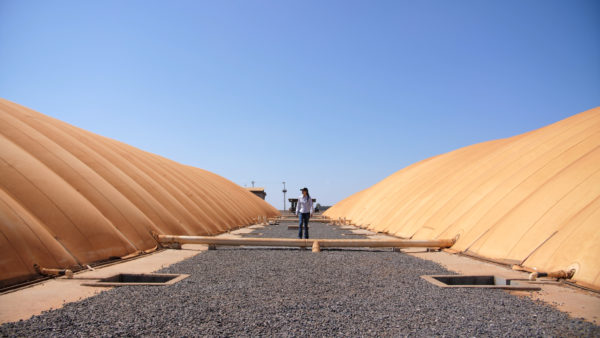
Soybeans are traded, while maize is used to feed cattle and sheep. The animal manure is collected and taken to two biodigester plants on the farm itself, where methane gas is used as a source of electrical power. “It is this energy that powers our electronic systems. We also have a photovoltaic plant; currently, the farm is self-sufficient; it only uses clean energy and what is left of the animals after processing; from bones, we make flour that goes into the feed, and the grease goes to the biodiesel industry, everything is put to use,” he informed.
Over 90 houses were built inside the farm for the employees, a primary school for the children, a cafeteria and a club, medical and dental care, and internet access, among other services, are offered, according to Dornas.
Learn more about Carapreta on the company’s website.
Translated by Elúsio Brasileiro



